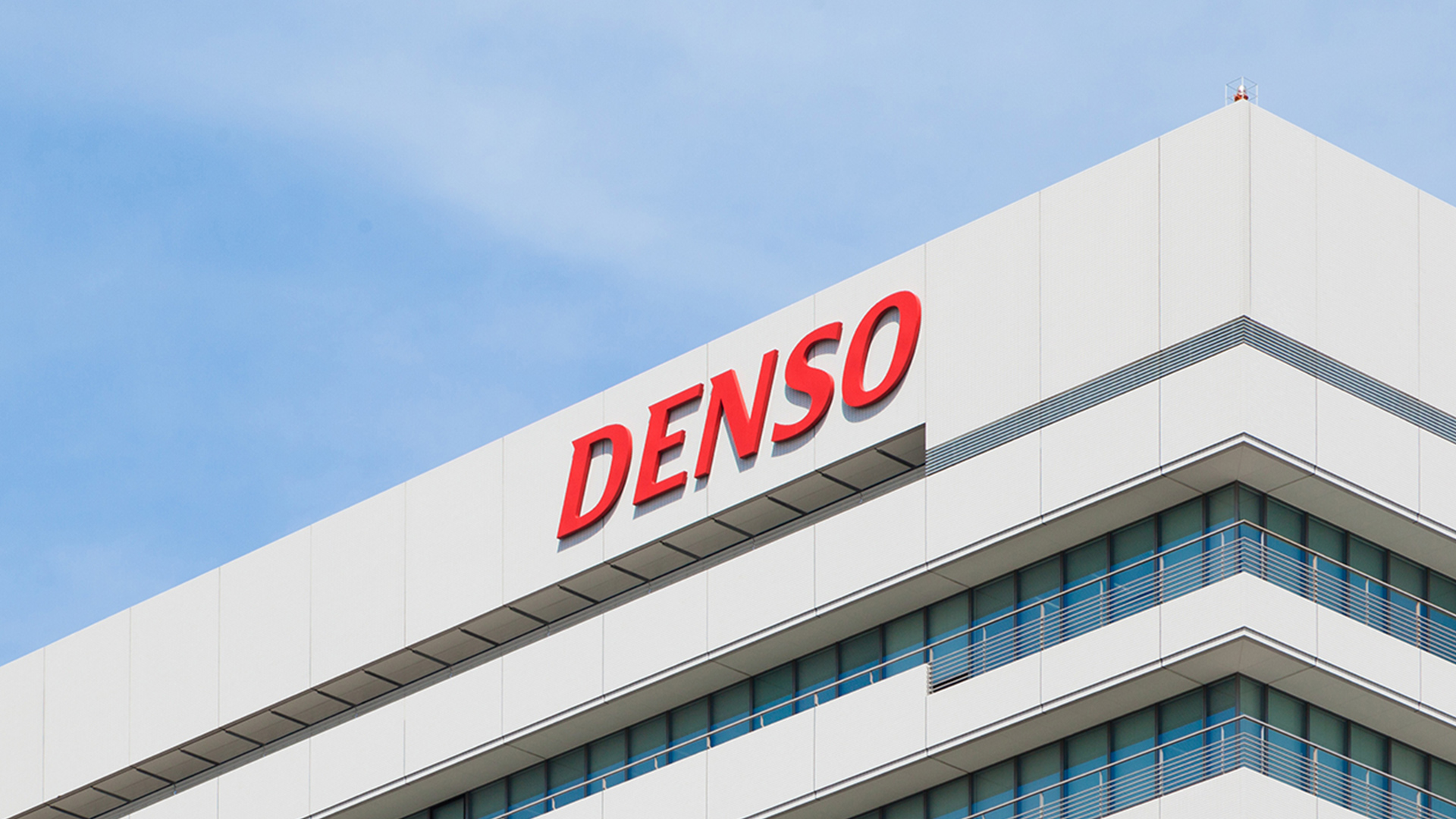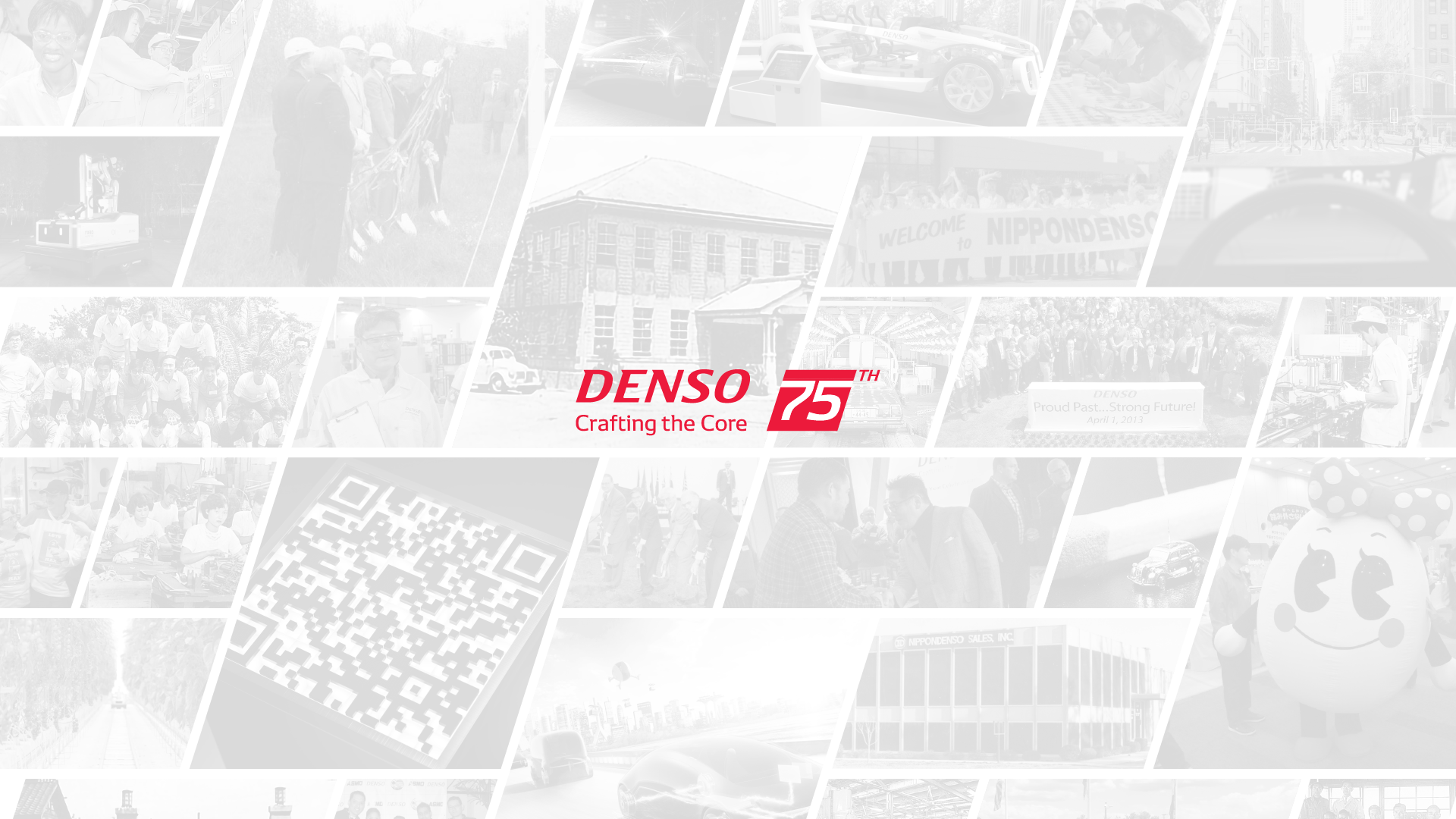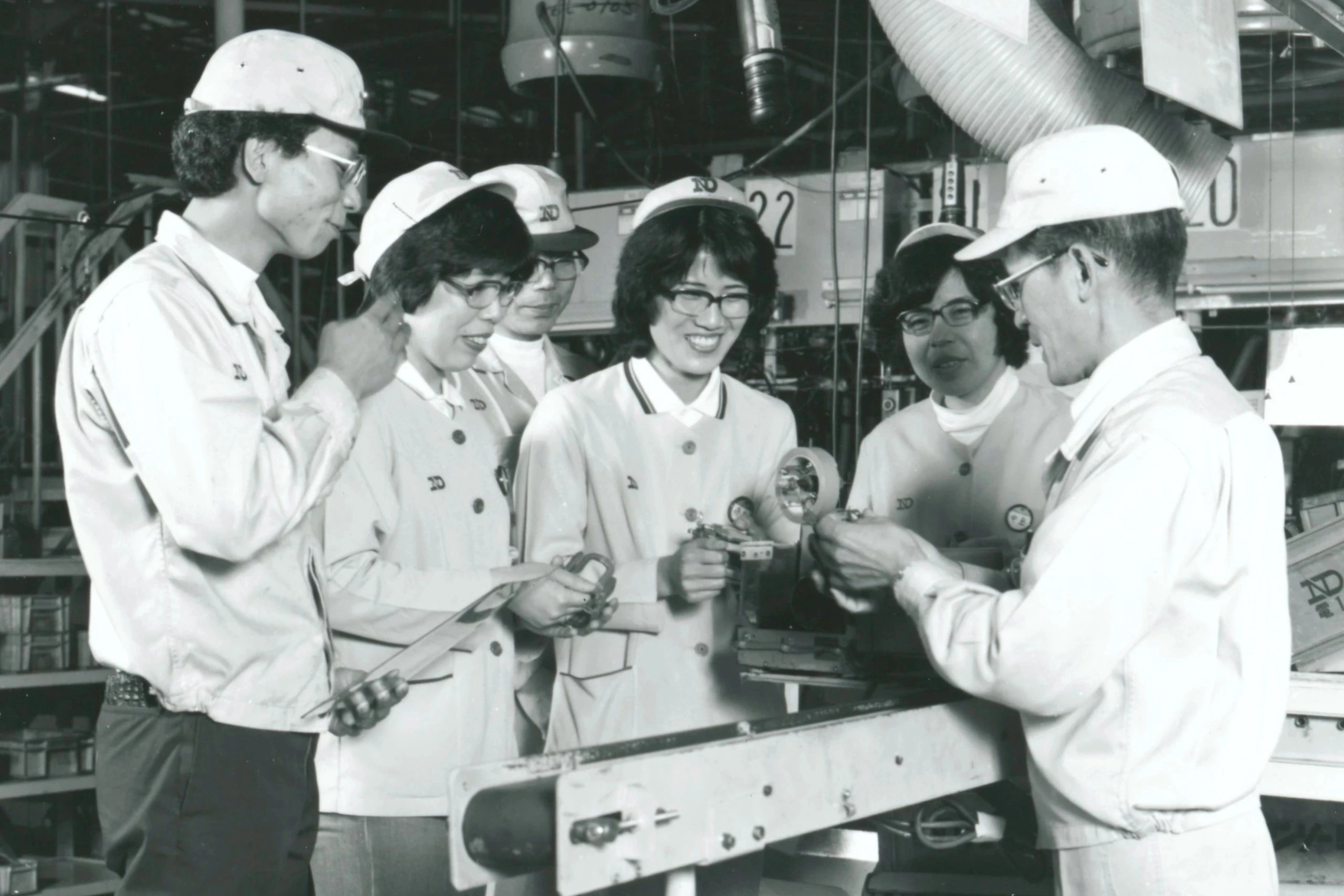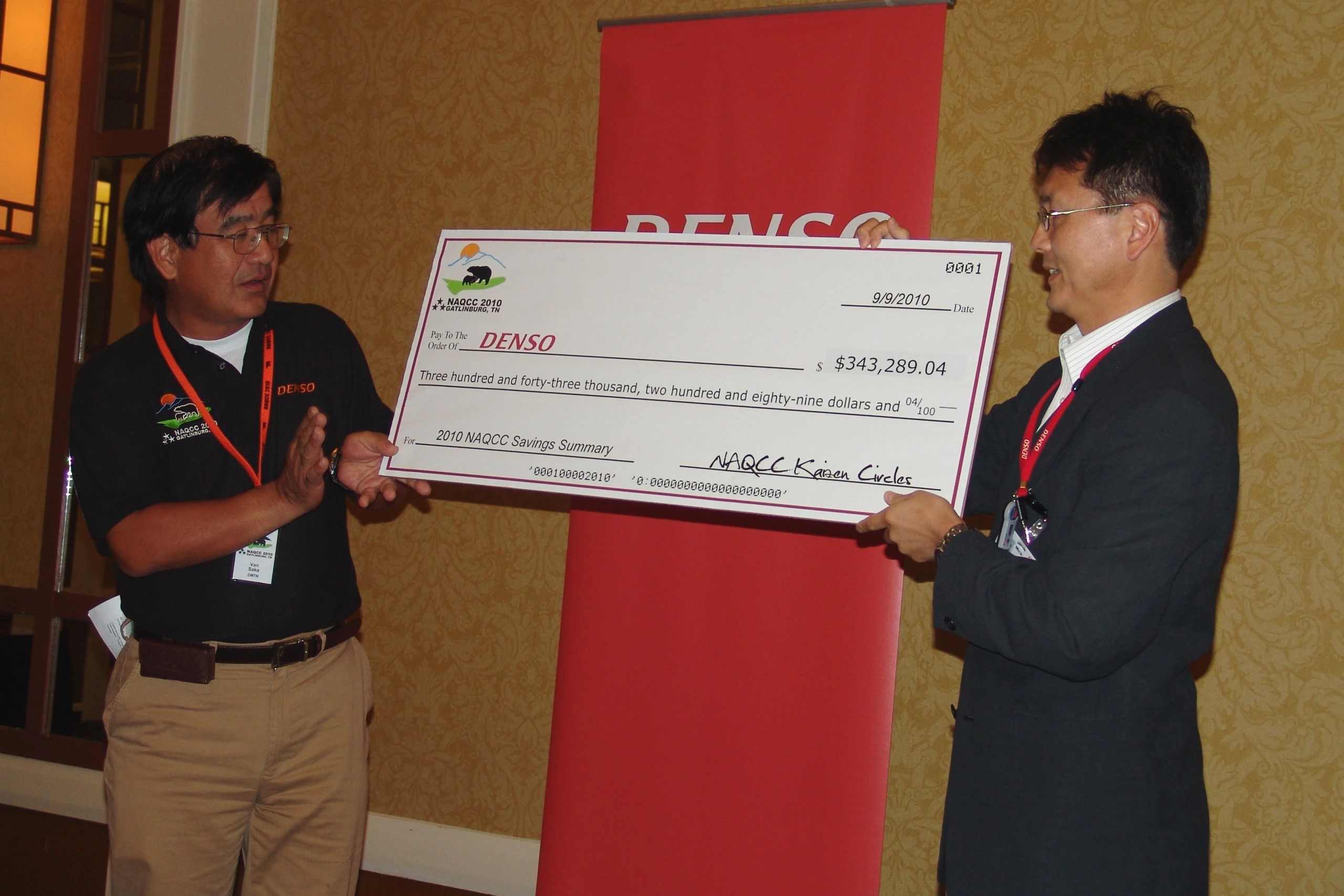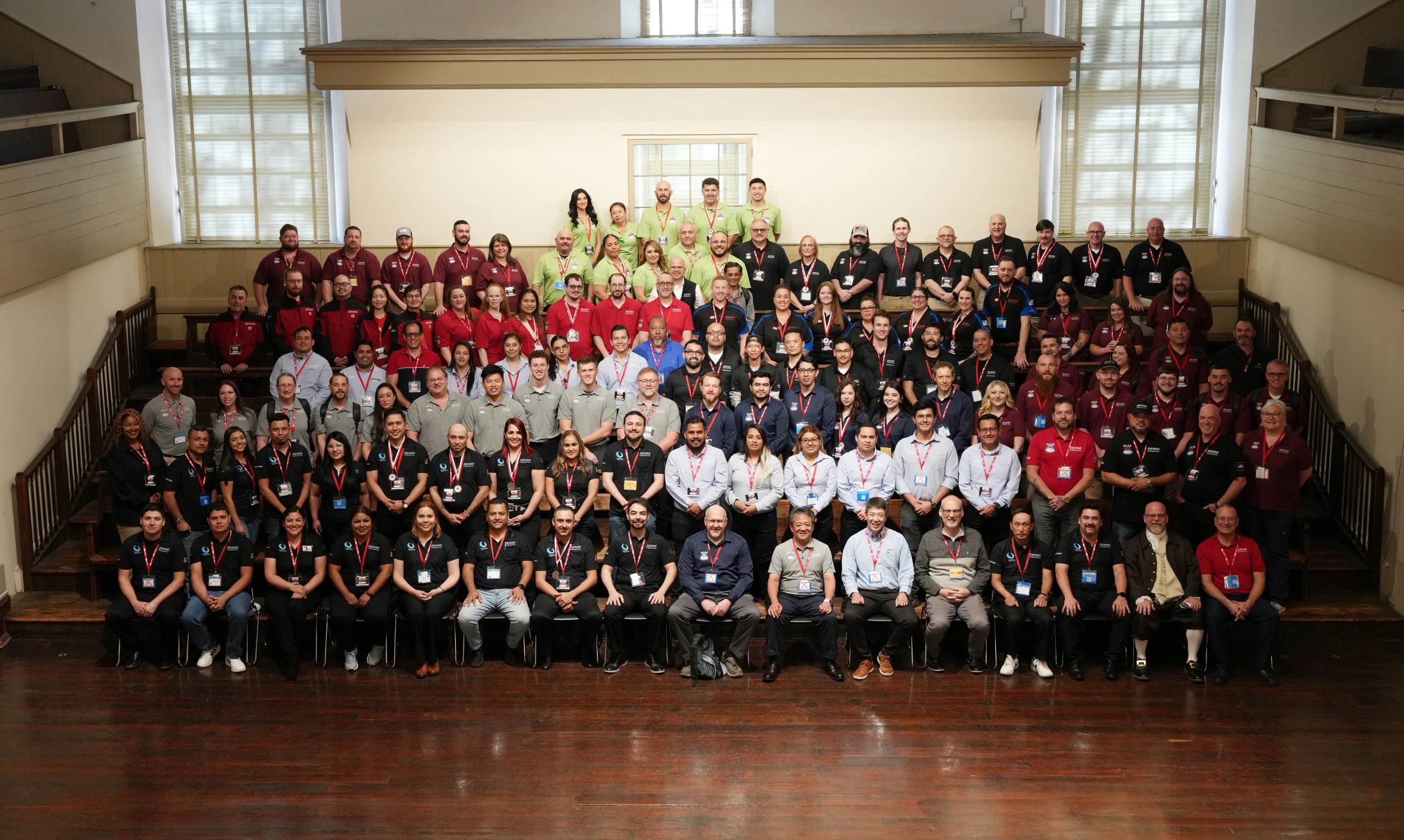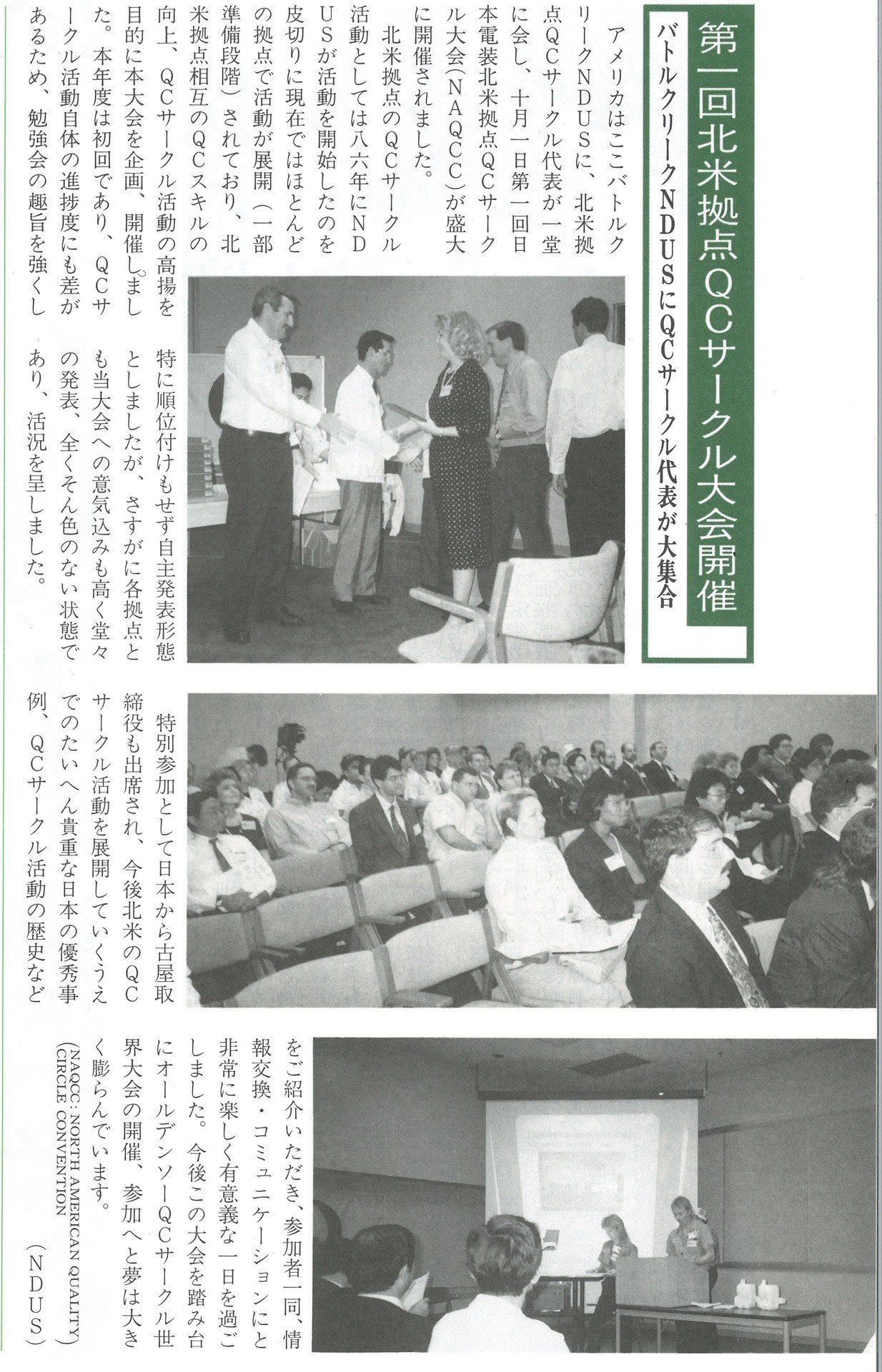Quality Circles: Engaging Team Members, Embracing Ideas
Throughout the 1980s, DENSO grew steadily in North America. The following decade, as team members continued to cultivate customer relationships and new DENSO plants came online in Battle Creek, Michigan, and Maryville, Tennessee, it turned to globalizing its core capabilities.
Chief among those competencies, and a DENSO cornerstone, was unparalleled product and process quality.
For years, DENSO Japan had relied on Quality Circles (QC) as a way to establish team member-driven quality improvement programs, share best practices and develop teams working closest to the manufacturing process.
In 1992, the time was ripe for DENSO in North America to begin developing a homegrown version of the Quality Circle program.
Quality Circle Primer
At DENSO, Quality Circles typically comprise a mix of plant team members working together to solve a production issue. The improvement process includes:
-
Identifying a problem
-
Finding the root cause
-
Making the necessary adjustments or improvements
-
Testing the potential solution until it works, and
-
Bringing the improvement to other areas
Eric Benson, who joined DENSO in 1998 as a Quality engineer and today is a senior manager, is responsible for leading the Quality Circle steering committee and actively supporting improvement efforts.
“Our customers rightfully expected, and still do, the same quality wherever their part or system was manufactured,” said Benson. “Initially I served as a DENSO ‘expert’ between our customers and the plants and brought issues back to production teams as needed. Then, I either supported or led the process for eliminating that problem.”
When Benson became involved directly in Quality Circles, he could see “how some of those improvements are driven by Quality Circle programs.”
The independent operations of our plants in North America, and the resulting process variations in manufacturing, proved to be a challenge to best practice implementation. What’s more, most had different customers with different requirements and expectations.
Still, there was the non-negotiable golden standard of DENSO quality, and every team member was inspired to meet and exceed that standard.
The opportunity, then, was the potential to develop a regional best practice, apply it, and share in cost savings or quality improvements across the manufacturing ecosystem. That meant everyone had to be fully committed to the quality process.
“When we talk about quality … we talk about it as everyone’s responsibility. From the top down, it’s a core value and a key part of our culture,” Benson shared.
Let the Games Begin
To keep team members fully engaged, the DENSO in North America team created the North American Quality Circle Conference (NAQCC). Since 1992, teams have spent months working to qualify for the annual championship event.
“Internal teams compete for top positions by presenting what their QC did, the improvements they made, and results they achieved. There are three NAQCC themes: quality, productivity, and safety and health. The highest scoring teams move on to the showdown in April,” explained Benson.
Typically, the NAQCC finale is hosted by a regional affiliate and held at a desirable location with resort-style amenities. With top leadership from across North America in attendance, teams have the opportunity to hone their presentation skills, get positive feedback and sharpen teambuilding abilities.
Two important outcomes characterize DENSO Quality Circles. First, they give production team members an opportunity to raise their hand and share their voice, which is critical to an engaged and creative work force. Second, QCs generate real “returns” such as improved safety, reduced production time and better product quality.
“Quality circles,” Benson said, “make for good people with a high sensitivity to excellence.”


